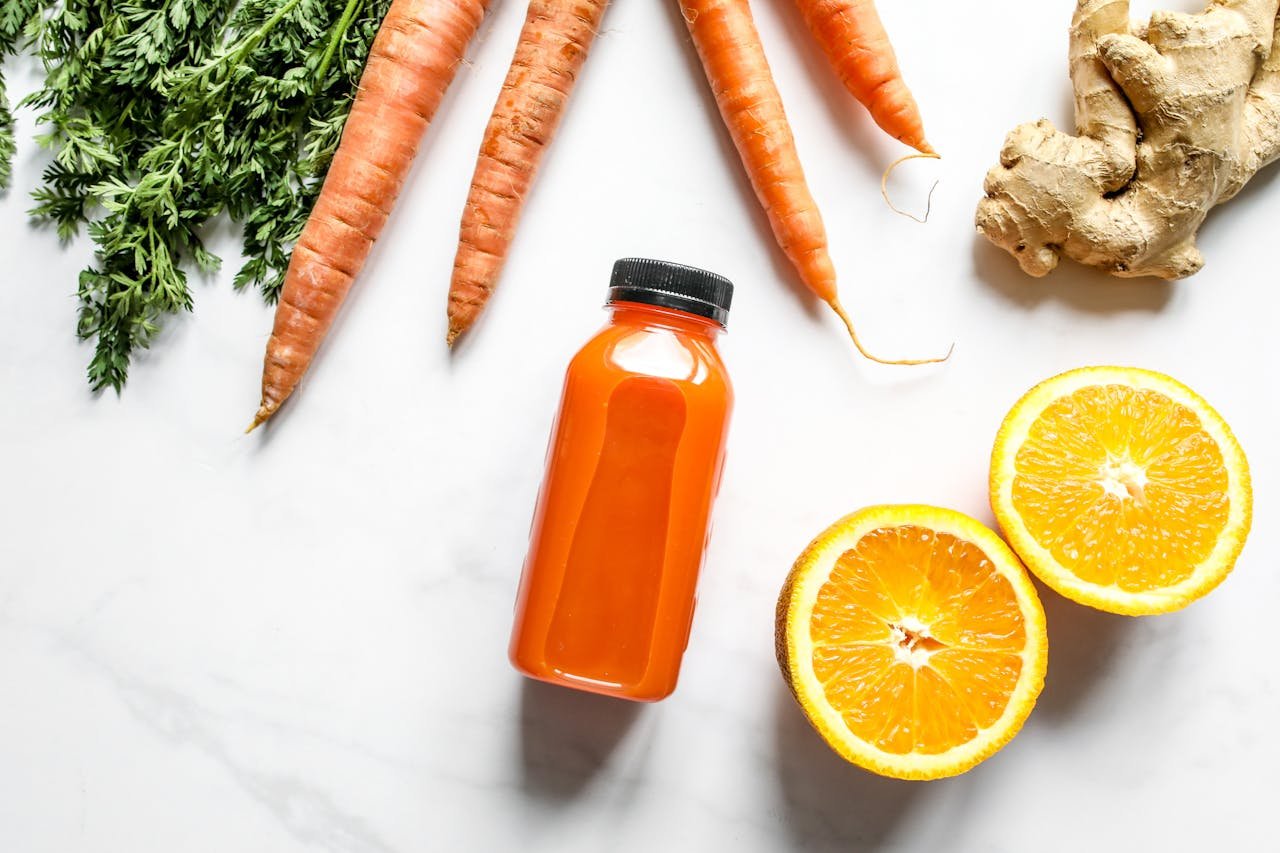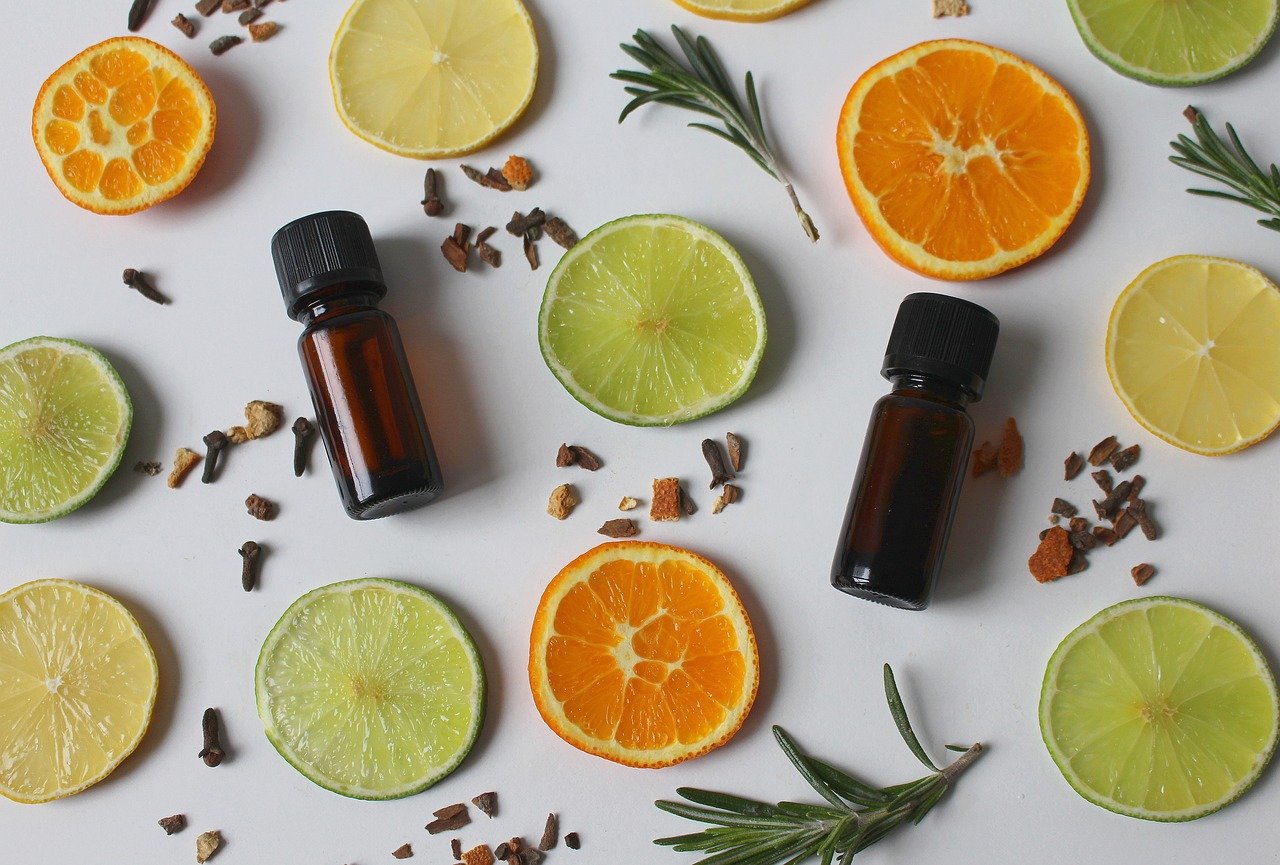Your liver is the body’s natural detox powerhouse, responsible for filtering out toxins, metabolizing nutrients, and supporting overall health. But with today’s modern lifestyle—processed foods, environmental pollutants, and alcohol—your liver can become overburdened. When this happens, it sends subtle (and sometimes not-so-subtle) signals that it needs help.

Recognizing these signs early on can help prevent long-term damage and restore optimal liver function. In this article, we’ll discuss the key signs your liver may need a detox and how to start a natural detox process. Whether you’re feeling fatigued, noticing digestive issues, or experiencing skin problems, these indicators may point to an overworked liver.
1. Common Signs Your Liver Needs a Detox
Your liver works hard to keep your body free of toxins, but sometimes it gets overwhelmed. When this happens, the body may display various symptoms that often go unnoticed or are mistaken for other health issues.
Persistent Fatigue and Low Energy Levels
Why It Happens: One of the liver’s functions is to regulate energy by storing and releasing glucose. When the liver is overburdened, it struggles to balance energy levels, leading to constant fatigue, even after a full night’s rest.
What to Do: A liver detox can help eliminate built-up toxins, allowing your liver to more effectively regulate energy and metabolism.
Digestive Issues and Bloating
Why It Happens: The liver produces bile, which aids in the digestion of fats. When your liver is sluggish, bile production slows, leading to digestive discomfort, bloating, and constipation.
What to Do: Incorporate liver-friendly foods, such as leafy greens and healthy fats, to boost bile production and relieve digestive discomfort.
Unexplained Weight Gain
Why It Happens: A struggling liver can have a harder time metabolizing fats, leading to fat accumulation, especially around the abdomen. This can result in unexplained weight gain that is difficult to shed despite a healthy diet and exercise.
What to Do: A liver detox combined with regular exercise and a whole-foods diet can help your body metabolize fats more efficiently.
Skin Problems, Acne, and Rashes
Why It Happens: When the liver is unable to detoxify properly, the body may try to expel toxins through the skin, leading to breakouts, rashes, or dull, itchy skin.
What to Do: Drinking plenty of water and consuming antioxidant-rich foods like berries can help flush out toxins and support liver function, improving skin health.
Brain Fog and Difficulty Concentrating
Why It Happens: Toxins that aren’t effectively filtered out by the liver can travel through the bloodstream, reaching the brain and causing cognitive issues such as brain fog, poor memory, and difficulty concentrating.
What to Do: Focus on liver-supporting herbs and foods like turmeric, ginger, and citrus fruits to enhance detoxification and mental clarity.
2. Steps to Start a Natural Liver Detox
Once you recognize that your liver needs help, it’s important to start a detox process that is gentle, effective, and sustainable. A natural liver detox can be done through a combination of dietary changes, hydration, and incorporating certain supplements and lifestyle practices.
Increase Intake of Liver-Friendly Foods
Start by adding foods that naturally support liver detoxification. These include leafy greens like spinach and kale, cruciferous vegetables like broccoli and Brussels sprouts, and antioxidant-rich fruits like berries and citrus.
Foods That Aid Liver Detox
- Beets: High in antioxidants and nitrates, beets help support liver function and detoxification.
- Garlic: Contains sulfur compounds that activate liver enzymes responsible for flushing out toxins.
- Avocados: Rich in healthy fats and glutathione, which helps the liver filter harmful substances.
- Walnuts: Packed with omega-3 fatty acids and glutathione, supporting liver cleansing.
Reduce or Eliminate Processed Foods and Sugar
Processed foods, refined sugars, and trans fats put a strain on the liver. To give your liver a break, reduce or eliminate these from your diet. Focus instead on whole, nutrient-dense foods that provide essential vitamins and minerals.
Hydrate Consistently
Water plays a critical role in flushing toxins from the body. Drinking plenty of water throughout the day helps the liver filter toxins more effectively and prevents dehydration, which can slow down liver function. Adding lemon to your water can provide an extra detox boost.
Stay Active with Regular Exercise
Physical activity promotes healthy circulation, which helps the liver filter and remove toxins more efficiently. Exercise also aids in fat metabolism, which can reduce fat accumulation in the liver. Aim for at least 30 minutes of moderate exercise, such as walking, swimming, or cycling, most days of the week.
Incorporate Detoxifying Herbs and Supplements
Certain herbs and supplements can give your liver the additional support it needs to detoxify. Milk thistle, dandelion root, and turmeric are some of the most effective herbs for supporting liver health.
Herbs for Liver Detox
- Milk Thistle: Known for its active compound silymarin, milk thistle protects liver cells and promotes regeneration.
- Dandelion Root: Stimulates bile production, aiding the liver in breaking down fats and toxins.
- Turmeric: Curcumin in turmeric has anti-inflammatory properties that support detox pathways.
3. Detoxify Your Lifestyle
While diet and hydration are crucial, lifestyle choices can also make a significant difference in your liver’s health. Incorporating certain habits can reduce your exposure to toxins and enhance your liver’s detoxifying capabilities.
Limit Alcohol and Caffeine Intake
Alcohol is a major contributor to liver damage, as the liver must work hard to process and detoxify it. If you are serious about detoxing your liver, it’s important to reduce or completely eliminate alcohol intake. Caffeine can also place stress on the liver, so switching to herbal teas during a detox can be beneficial.
Choose Natural, Non-Toxic Products
Many household cleaners, personal care products, and cosmetics contain harsh chemicals that your liver must process. Opt for natural, non-toxic alternatives to reduce your liver’s workload. This includes choosing natural skincare products, avoiding synthetic fragrances, and using plant-based cleaners.
Get Plenty of Rest
Sleep is when the body, including the liver, performs many of its restorative functions. Lack of sleep can impair liver function and hinder its ability to detoxify effectively. Aim for 7-9 hours of quality sleep per night to support overall health and liver detoxification.
4. Signs Your Liver Detox Is Working
After starting a liver detox, it’s important to recognize signs that your efforts are paying off. As your liver begins to recover, you should notice improvements in how you feel physically and mentally.
Increased Energy Levels
One of the first signs that your liver detox is working is an increase in energy. As the liver becomes more efficient at processing toxins, it frees up energy that was previously used for managing toxin overload.
Clearer Skin
Skin issues like acne and rashes often clear up as the liver eliminates toxins more effectively. You should notice a clearer, more radiant complexion within a few weeks of starting your detox.
Improved Digestion
As your liver starts producing bile more efficiently, digestive issues such as bloating and constipation should improve. You may also notice that your body digests fats more easily.
Better Mental Clarity
With fewer toxins circulating in your bloodstream, brain fog and difficulty concentrating should diminish. You may experience sharper mental focus and improved cognitive function as your liver detox progresses.
Conclusion
Recognizing the signs that your liver needs a detox is the first step toward regaining balance and optimizing your health. Persistent fatigue, digestive issues, and skin problems are all common indicators that your liver is overworked. By incorporating liver-supporting foods, herbs, and lifestyle practices into your daily routine, you can help your liver recover and function at its best.









